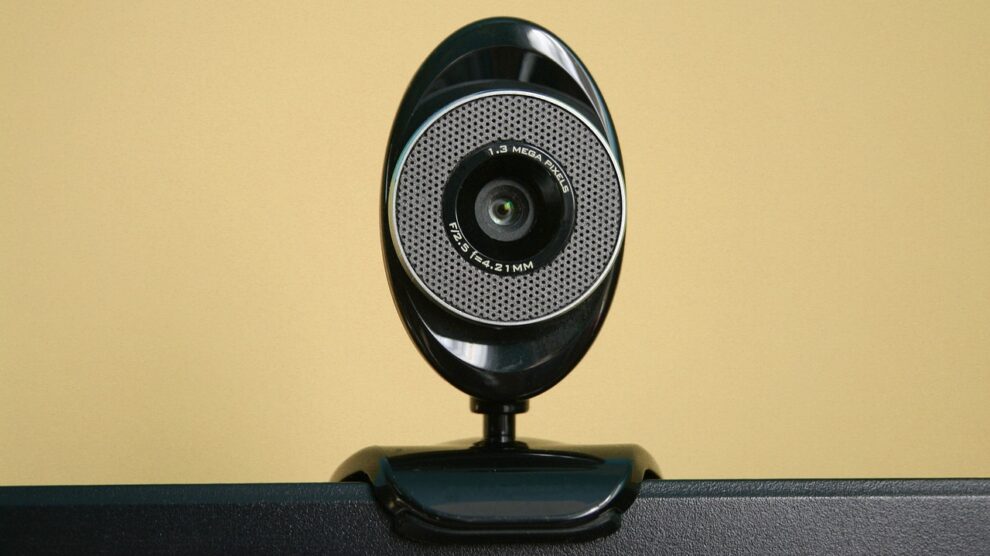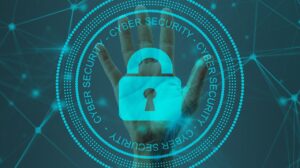Sunbathing or having a barbecue party in your backyard might not be as private as you think, especially if you have home security cameras in place. Surveillance devices are targets of hackers and could cause privacy issues if installed without serious considerations about cybersecurity.
NordVPN investigated a webpage called Insecam, which without the permission of their owners, streams almost 100 Canadian security camera feeds. Research revealed that every 10th camera streams to the world from Canadians’ backyards, garages, porches, and even the interior of their houses. Considering the popularity of home security cameras, the Insecam feeds are only a drop in the ocean.
“There are two ways someone could see your security camera’s feed. First, many IP cameras have a built-in functionality that allows the owner to access the feed through the internet from anywhere without certain security and privacy measures. If the camera is not secured with a password, its feed can be found on Shodan or other platforms, including Google in some cases. Another way home security cameras can be compromised is if hackers intercept the home’s internet connection,” says Marijus Briedis, CTO at NordVPN.
The Insecam feeds illustrate that users do not seriously consider protecting their surveillance cameras. But live streaming from a backyard is not a priority for criminals because it does not monetize their efforts.
There are several ways criminals could use a feed from home security cameras. Blackmailing is usually the preferred option for cybercriminals. They hack cameras to demand money for not leaking personal videos to a broader audience.
Another way a hacked camera feed can serve criminals is to better prepare them for burglary. Through hacked cameras, criminals can see when a house’s inhabitants are not home and what valuables they have. Moreover, most cameras disclose their location, meaning burglars can plan a crime without going to the site.
How Can You Protect Your Security Camera?
There are several simple precautions to protect your security cameras from being hacked. Marijus Briedis, cybersecurity expert and CTO at NordVPN, advises taking these actions:
- Check your camera’s password settings. Set up your camera to require a password. The password should be complex, unique, and consist of no less than 12 characters. According to NordPass research, people often fail to change their admin passwords. In fact, the most popular password in Canada is “123456,” which is also a common admin password.
- Enable your camera’s security features. If you bought a camera that encrypts data transmitted via the internet, turn this feature on. And always update your device with the latest security patches.
- Hide your online traffic with a VPN connection set up on your router. If you set up a VPN, like NordVPN, on your router, you can connect and secure any number of gadgets with a single device slot. Any device that connects to it, including your home security camera, will automatically be private on the internet.





